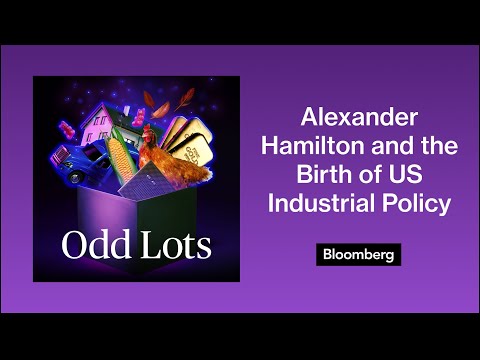Not long ago, there was widespread agreement on how to think about monetary policy. When the Federal Reserve hikes, this story went, it makes credit more expensive, reducing spending on new housing and other forms of capital expenditure. Less spending means less demand for labor, which means higher unemployment. With unemployment higher, workers accept smaller wage gains, and slower wage growth is in turn passed on as slower growth in prices — that is, lower inflation.
...
The worldwide financial crisis of 2007-2009 unsettled the conversation. The crisis, and, even more, the glacial recovery that followed it, opened the door to alternative perspectives on monetary policy and inflation.
J.W. Mason
Blog
Professor Zhun Xu: “China as a Socialist Inter-National Project”
Isabella Weber. Prices, Inflation, and Survival in an Age of Emergencies: Why We Need a New Paradigm (Sept. 11, 7-9 PM)
Part of our Economic Justice Speaker Series.
Isabella M. Weber is an Associate Professor of Economics at the University of Massachusetts Amherst, an Associate in Research at the Fairbank Center, Harvard University, and a Fellow of the OSF Ideas Workshop. Her next book, ESSENTIAL: Inflation, Profits and Survival in an Age of Emergencies, will be published in 2026 by Penguin Allen Lane in the UK and University of Chicago Press in the US, and will be translated into seven languages.
10 ways that mass incarceration is an engine of economic injustice
Eric Seligman (JJay Economics MA ’22) and Brian Nam-Sonenstein write on the relationship between economic justice and mass incarceration.
“Money is power in the United States, and mass incarceration plays a major role in determining who can wield power and who can’t. As we’ve noted repeatedly over the years, it is no coincidence that the poorest and most vulnerable communities are also the most policed. The criminal legal system erects significant barriers to employment and the ballot box, economically and politically weakening entire communities. The criminal legal system erects significant barriers to employment and the ballot box, economically and politically weakening entire communities. Importantly, this arrangement impacts all workers: employers use this massive class of disadvantaged people to threaten all workers with replacement and increasingly risky unemployment if they dare to demand better wages and conditions. Mass incarceration also weaves a narrative that pits people with similar economic interests against one another, reducing systemic inequality to matters of individual choice. Fortunately, understanding mass incarceration as the wealthy’s preferred economic policy clarifies that ending it is necessary for all movements for justice and equality — all working people benefit from solidarity with criminalized people.”
Read the full article at the Prison Policy Initiative.
Professor Christian Parenti on Odd Lots Podcast: Industrial Policy and the Forgotten Side of Alexander Hamilton
“Thanks to the blockbuster musical, Alexander Hamilton has become a modern cultural icon. He’s known as an architect of the federal system, building out a strong government with the capacity for both borrowing and spending. But there’s another side of his vision that doesn’t get as much attention, and that’s his belief in the importance of state-directed investment to build out a domestic manufacturing industry. Basically, he was an early advocate for industrial policy. Given that the US is currently in a phase of building out domestic manufacturing capacity in various areas, it’s time to go back and look at the history of these efforts in the US. We speak with Christian Parenti, a professor at John Jay College in New York, and the author of Radical Hamilton: Economic Lessons from a Misunderstood Founder, about this other side of Hamilton, and the economic context in which he developed this vision.”
Podcast Link.
Professor Christian Parenti: The Human Reality Behind the Border Crisis
“More importantly, none of the current rhetoric will change the
underlying economic and demographic realities. In the face of
falling birth rates and an aging population, we remain politically
unable to imagine transformative pro-natalist policies because those
would likely threaten the prerogatives of big business while
requiring cuts to the military budget and tax increases on the rich. Under
such conditions, immigration becomes a social and economic
imperative. America isn’t doing charity work by accepting
immigrants. Quite the opposite, the national economy benefits from
immigration.”Full article published on Compact.

